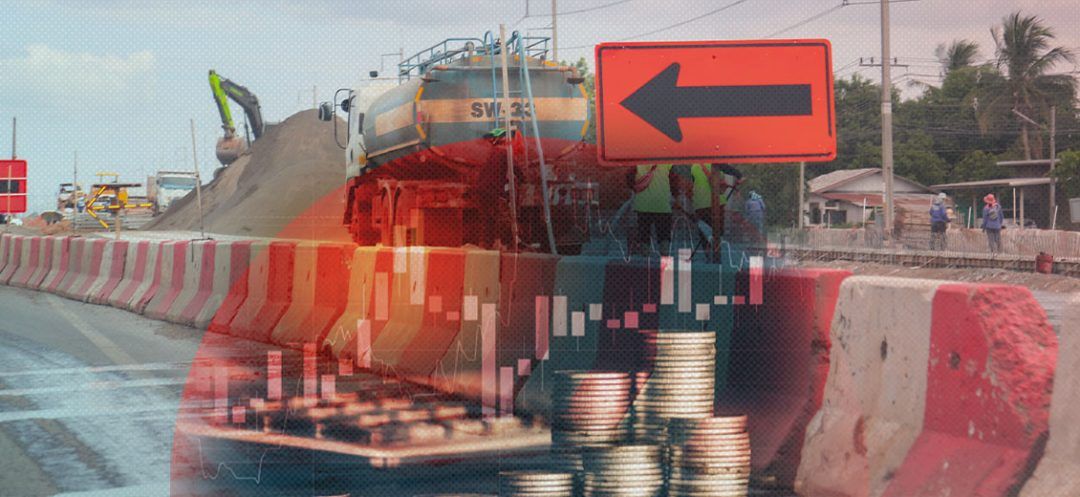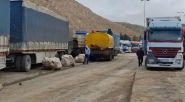
The rehabilitation of Lebanese roads is the focus of an ambitious program initiated by the Ministry of Public Works and Transport in June of 2023. A section spanning several hundred kilometers is currently undergoing restoration, with over a hundred projects covering the entire territory. "No region has been spared in this process of restoring road infrastructure," a ministerial source told This Is Beirut (TIB). "The work is progressing well," the source continued, adding that "all procedures have been carried out with the utmost legality and transparency."
This assertion was partially confirmed by the Director of Tenders, Jean Ellieh, who told TIB that "the tender documents related to this issue have not yet been fully reviewed, and the relevant regulatory authorities have not yet issued legal opinions in this regard." Nevertheless, "the Tenders Department is regularly kept informed of these clearly formulated projects," Ellieh specified.
Road network and financing
The road network is divided into several categories: iinternational, main, secondary, local and interior roads. The first four categories are the focus of the Ministry of Public Works and Transport’s program – interior roads are excluded, as they fall under the jurisdiction of municipalities. The ongoing projects include not only the repair of damaged roads, but also the modernization of bridges, upgrading drainage systems to prevent flooding, and improving road signage to enhance user safety.
Amid a deep economic crisis, the Ministry of Public Works and Transport has found a way to finance its large-scale project. Does it rely solely on the $61 million allocated under the 2024 budget? It is difficult to say, especially considering that the amount needed for maintenance, public safety assurance and the Ministry’s requirements totals $248 million, according to figures provided by the Chairman of the Parliamentary Finance and Budget Committee, Ibrahim Kanaan. This difficulty is further compounded by the fact that the caretaker Minister of Public Works and Transport, Ali Hamiye, complained himself about these “insufficient” amounts on his X account following the adoption of the 2024 budget by Parliament. In January 2024, he explained that "according to a detailed study conducted in 2019, the rehabilitation of the Dahr al-Baidar road alone would cost $20 million, and the approximately $60 million granted by the government for road maintenance represents less than 20% of the needs in this area."
According to informed sources, alternative means are being explored to finance these projects. Several initiatives have been undertaken in this regard to attract international funds, particularly from organizations (such as the World Bank) and development agencies. The government has also sought to establish partnerships with the private sector to allow for the rapid implementation of these projects. It is worth noting that, in 2017, according to a report published on its website, the World Bank released $200 million to "modernize the Lebanese road network," considering the current network "dangerous for public safety and hindering urban and rural development as well as equitable economic growth." These funds were intended to restore about 500 kilometers of roads as part of the first phase of a broader government plan to rehabilitate the country’s road network. When questioned about the figures and funding, the source within the Ministry refused to comment on the matter.
The success of this initiative depends on the mobilization of necessary resources and the maintenance of political and security stability. However, global rankings, such as the one published in January 2024 by Global Positioning Specialists (GPS), continue to place Lebanon at the top of the list of "the most dangerous countries for motorists.
Read more



Comments